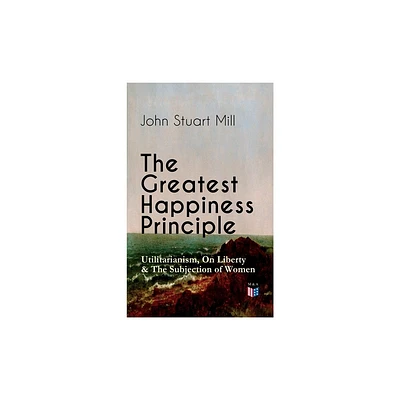Home
Routledge Revivals: The Greatest Happiness Principle (1986): An Examination of Utilitarianism
Loading Inventory...
Barnes and Noble
Routledge Revivals: The Greatest Happiness Principle (1986): An Examination of Utilitarianism
Current price: $160.00


Barnes and Noble
Routledge Revivals: The Greatest Happiness Principle (1986): An Examination of Utilitarianism
Current price: $160.00
Loading Inventory...
Size: OS
*Product Information may vary - to confirm product availability, pricing, and additional information please contact Barnes and Noble
First published in 1991,
The Greatest Happiness Principle
traces the history of the theory of utility, starting with the Bible, and running through Plato, Aristotle, and Epicurus. It goes on to discuss the utilitarian theories of Jeremy Bentham and John Stuart Mill in detail, commenting on the latter’s view of the Christianity of his day and his optimal socialist society. The book argues that the key theory of utility is fundamentally concerned with happiness, stating that happiness has largely been left out of discussions of utility. It also goes on to argue that utility can be used as a moral theory, ultimately posing the question, what is happiness?
The Greatest Happiness Principle
traces the history of the theory of utility, starting with the Bible, and running through Plato, Aristotle, and Epicurus. It goes on to discuss the utilitarian theories of Jeremy Bentham and John Stuart Mill in detail, commenting on the latter’s view of the Christianity of his day and his optimal socialist society. The book argues that the key theory of utility is fundamentally concerned with happiness, stating that happiness has largely been left out of discussions of utility. It also goes on to argue that utility can be used as a moral theory, ultimately posing the question, what is happiness?

















